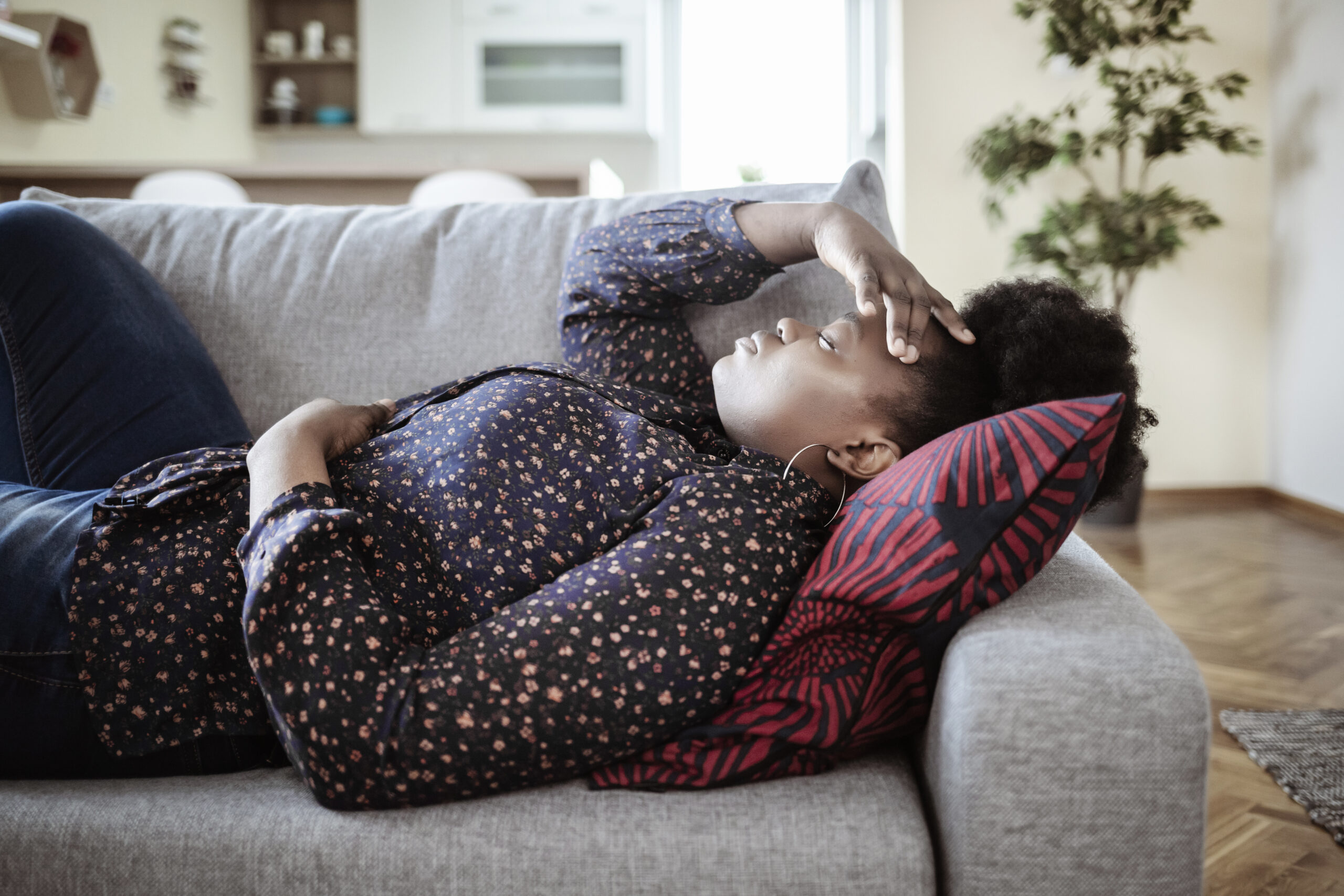There’s nothing quite as inconvenient as being prone to yeast infections. An untimely discomfort, it can feel as if even the most minuscule of triggers can send your gentle flora into a frenzy. From alcohol to harsh soaps to polyester panties, there a million moving variables that can impact your vaginal microbiome’s ecosystem, responsible for the health of your vagina. Another variable not as commonly discussed, however, is your ancestry.
Research has found that your ethnicity can directly impact the balance of bacteria in your vagina, in turn deciding your susceptibility to infections and overall vaginal health. This means we can be passed down generational trauma, thick or thinning hair and yes— yeast infections.
What Is a Microbiome?
There are a trillion microscopic bacteria and fungi that makeup your vaginal microbiome, all working together to keep everything running smoothly. Their job is to fend off harmful pathogens and create an inhospitable environment so that invaders like bacterial vaginosis (BV) and yeast infections can’t settle in and consume your life.
Anyone with a vagina knows, however, just how delicate this ecosystem is and how easily you can disrupt it. With life’s inevitable hormonal changes or use of antibiotics, harmful pathogens can multiply. But if you’ve ever noticed that you live an almost identical lifestyle to a friend who never gets infections while you’re constantly fending them off, the answer may lie in your ancestral map.
Over the course of a decade, multiple studies found compelling evidence linking ethnicity to variations in the vaginal microbiome. With a significant influence on the composition of vaginal bacteria, different ethnicities and bloodlines in turn predict very distinct susceptibilities. It can be detected as early as three months old and while one race or ethnic group wasn’t determined to have a healthier microbiome than another, there were certainly variations worth noting.
Why Black Women Are Prone to Infections
Impacted by structural inequities, not much research was ever done to explain why Black women were so much more likely to contract yeast infections (amongst many other disparities, including higher rates of cervical cancer.) However, studies of ethnic nuances within our microbiomes show we actually harbor more diverse microbiomes compared to European women, putting us more at risk of infections like BV.
This study also revealed disparities in pregnancy due to the vaginal microbiome. Pregnant Black women were more likely to harbor harmful bacteria in their wombs, increasing their risk of preterm labor compared to women of European descent. These unsettling findings only further emphasize the significance of curating safe medical ecosystems for Black women, who are often systemically neglected, to be heard, centered and cared for.
Addressing these health disparities and accommodating accordingly for vulnerable populations could make the world of difference, especially during a time in which maternal deaths among Black women are 2.5 times higher than white women.
Take Back Your Power
Know that ultimately, you’re never doomed. While your ancestral lineage can certainly present more or less of a challenge, by curating a routine that supports a healthy microbiome, you can still live your healthiest life. Limit alcohol, commit to a consistent prebiotic and probiotic routine, eat a nutrient-rich diet, stock up on cotton panties, limit toxins to maintain hormone balance, and you can succeed at keeping pesky infections at bay.
